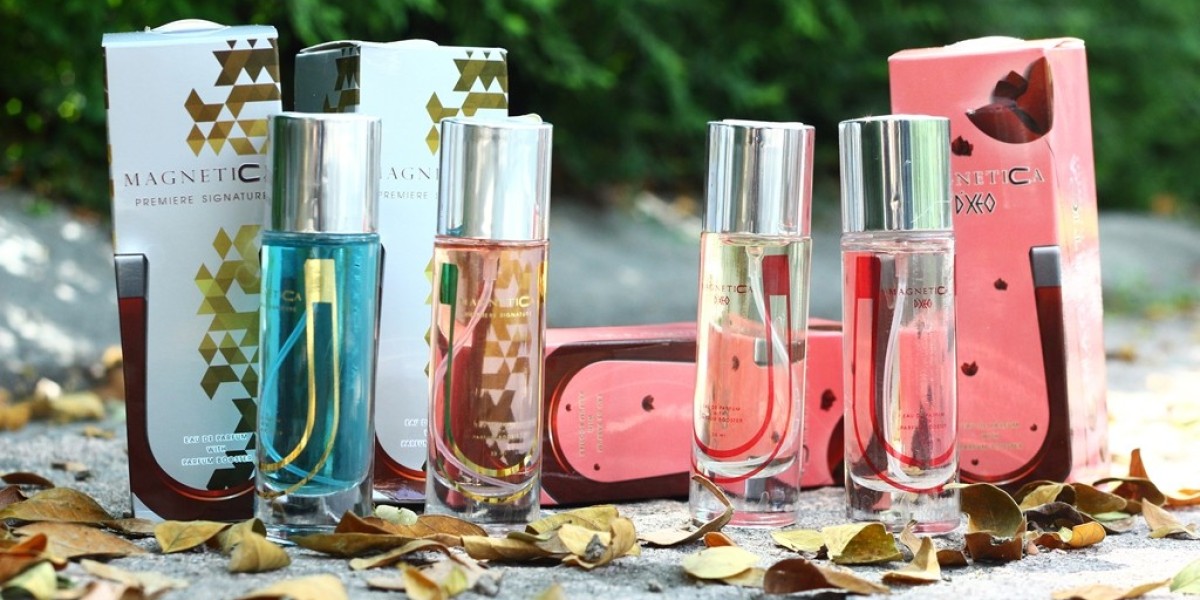Historically, a halal store might have conjured images of a butcher shop specializing in zabiha meat. While this remains a core component, the modern halal store has transformed into a comprehensive retail experience. These establishments are no longer just places to buy permissible food items; they are hubs that cater to the holistic needs of a Muslim consumer, and increasingly, to non-Muslims seeking ethical and high-quality products.
The expansion of halal stores is driven by several factors. Firstly, a growing global Muslim population with increasing disposable income demands convenient access to halal-certified products. Secondly, greater awareness and education about halal principles have led consumers to scrutinize ingredients and production processes across various categories. Thirdly, the concept of halal is increasingly associated with ethical sourcing, animal welfare, and transparency, appealing to a broader consumer base concerned with conscious consumption.
What can one expect to find in a contemporary halal store? Beyond the expected array of halal meats (chicken, beef, lamb prepared according to Islamic rites), shelves are stocked with:
- Packaged Groceries: From pasta and rice to canned goods and condiments, ensuring all ingredients and processing aids are halal. This often involves rigorous checks for alcohol, pork by-products, and certain emulsifiers or gelatin.
- Dairy and Baked Goods: Milk, cheese, yogurt, bread, and pastries are carefully sourced to ensure no haram (forbidden) ingredients are present, including rennet in cheese or alcohol-based flavorings in baked goods.
- Frozen Foods: A wide selection of ready-to-eat meals, frozen vegetables, and desserts, all meticulously checked for halal compliance.
- Personal Care Products: This is where the integration of halal perfume becomes evident. Halal stores are increasingly dedicating sections to skincare, cosmetics, and toiletries that are free from alcohol, animal derivatives (like certain types of collagen or gelatin), and harsh chemicals.
- Islamic Attire and Books: Many larger halal stores also feature a selection of modest clothing, prayer mats, Islamic literature, and gifts, further solidifying their role as community resources.
- Fresh Produce: While generally considered halal, some stores emphasize local and organic produce, aligning with the broader ethical consumption trends often intertwined with halal principles.
The appeal of a halal store lies in the peace of mind it offers. Consumers can shop with confidence, knowing that products have been vetted for religious permissibility, often accompanied by official halal certifications from recognized bodies. This eliminates the need for tedious label reading and ingredient research, making the shopping experience more convenient and trustworthy.
The Scent of Purity: Unpacking Halal Perfume
Perhaps one of the most exciting and rapidly expanding segments within the halal market is halal perfume. For a long time, finding perfumes that aligned with Islamic principles was a challenge. Many conventional perfumes contain alcohol (ethanol) as a solvent and carrier for fragrance oils. While there are varying scholarly opinions on the permissibility of alcohol in external applications, a significant number of Muslims prefer to avoid it entirely in personal care products. Furthermore, some traditional perfumes may contain animal-derived ingredients that are not halal, such as civet, musk from certain animals, or ambergris.
The emergence of halal perfume addresses these concerns head-on. These fragrances are formulated and manufactured adhering to strict halal guidelines, primarily focusing on:
- Alcohol-Free Formulations: This is the cornerstone of halal perfume. Instead of ethanol, manufacturers utilize alternative carriers such as essential oils, botanical extracts, or synthetic emollients. Water-based perfumes, oil-based attars (traditional concentrated perfume oils), and solid perfumes are common forms of alcohol-free halal fragrances.
- Halal Ingredients: All ingredients, whether natural or synthetic, must be permissible. This means avoiding animal-derived ingredients that are not halal (e.g., pork derivatives) and ensuring any synthetic ingredients are free from haram components. Plant-based ingredients, such as floral extracts, woody notes, and spices, are widely used.
- Ethical Sourcing and Production: Beyond the ingredients themselves, the entire supply chain and manufacturing process are scrutinized. This includes ensuring no cross-contamination with non-halal substances and adhering to ethical labor practices.
- Cruelty-Free: While not exclusively a halal requirement, many halal perfume brands also align with cruelty-free principles, further appealing to a conscious consumer base.
The olfactory experience of halal perfume is as diverse and sophisticated as its conventional counterparts. Brands are now creating a vast array of scents, from light and refreshing florals to rich and intense ouds, catering to every preference. The emphasis is on long-lasting, captivating aromas derived from high-quality, permissible ingredients.
The growing demand for halal perfume is fueled by several factors:
- Religious Observance: For many Muslims, using alcohol-free perfume is a matter of religious principle, allowing them to enjoy fragrances without compromising their beliefs.
- Health and Wellness: Some individuals prefer alcohol-free perfumes due to skin sensitivities or a desire to avoid synthetic chemicals, aligning with a broader trend towards natural and holistic personal care.
- Cultural Connection: Traditional Islamic cultures have a rich history of using natural, oil-based perfumes (attars). Halal perfumes often tap into this heritage, offering a connection to cultural roots.
- Ethical Consumerism: The transparency and ethical considerations embedded in halal certification resonate with consumers who prioritize responsible and sustainable product choices.
The Synergy: Halal Stores and Halal Perfume
The synergy between halal stores and halal perfume is undeniable. Halal stores provide a natural and trusted retail environment for consumers seeking these specialized fragrances. By stocking halal perfumes, these stores enhance their value proposition, solidifying their position as go-to destinations for all halal needs.
For consumers, finding halal perfume within a dedicated halal store offers convenience and assurance. They can browse a curated selection, confident that the products meet the necessary religious and ethical standards, without the need for extensive personal research. This accessibility is crucial for the continued growth of the halal perfume market.






